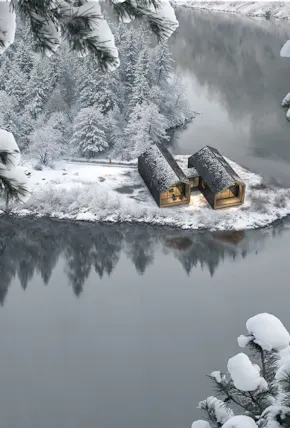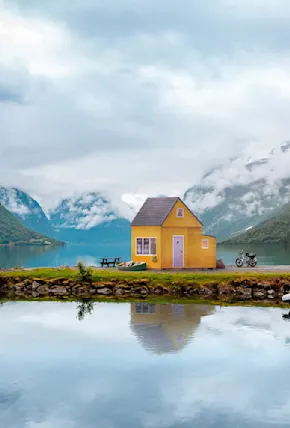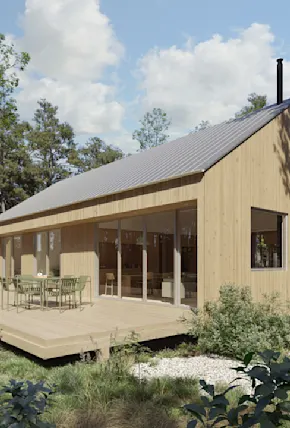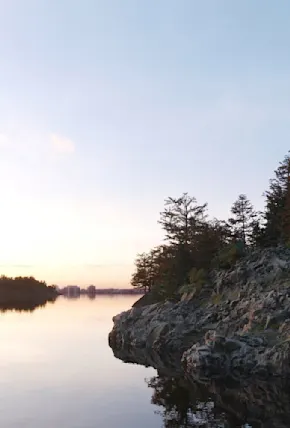More now than ever it seems the dream of having a cabin to escape to, somewhere far from the reaches of email and conference calls, has taken root around the world. From Japan and Europe to America and Australia, tiny homes and prefab cabin kit operators are making strides in bringing more affordable cabins to market.
One we've been keeping our eye on for a handful of years now is Vancouver,BC-based Backcountry Hut Company, founded in 2015 on the idea of producing simple, recreational structures that can be installed in remote locations with relative ease.
The IKEA-like concept was first conceived by avid outdoorsman and experienced business developer Wilson Edgar. Michael Leckie of Leckie Studio Architecture + Design then joined on to help bring the company to life with extensive knowledge to what it takes to build on remote sites. Additionally, Swiss national and celebrated woodworker Cyrill Werlen handles the manufacturing each hut kit. So, you’re in good hands.
With plenty of completed projects throughout North America under their belt, the business has fully hit it's stride. Backcountry Hut Company can deliver their cabin kits anywhere in the U.S. and Canada—so long as it's helicopter or semi-truck accessible.













